 |
 |
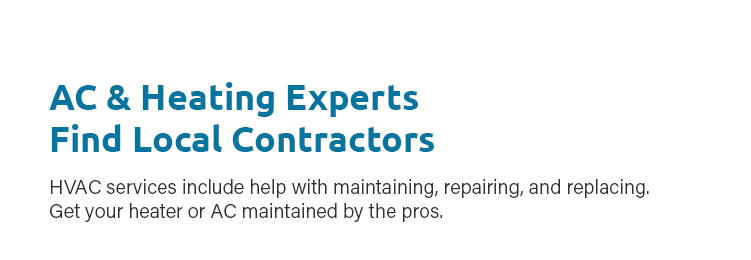 |
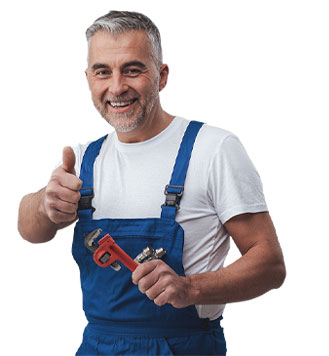 |
 |
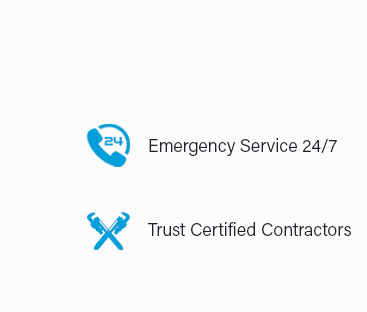 |
 |
 |
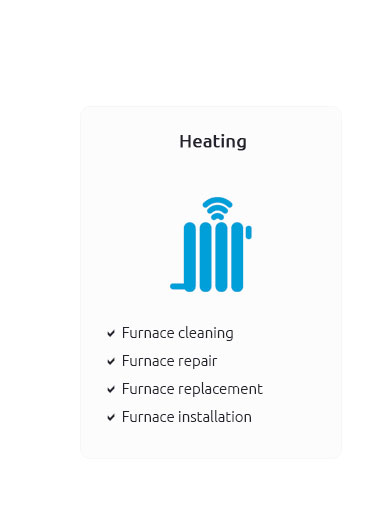 |
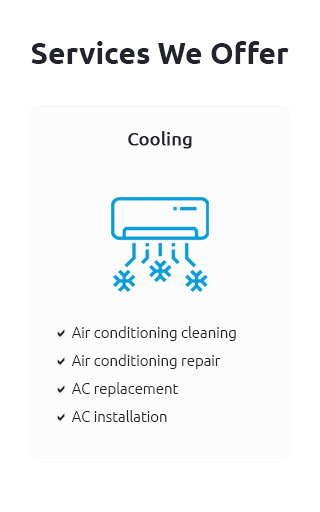 |
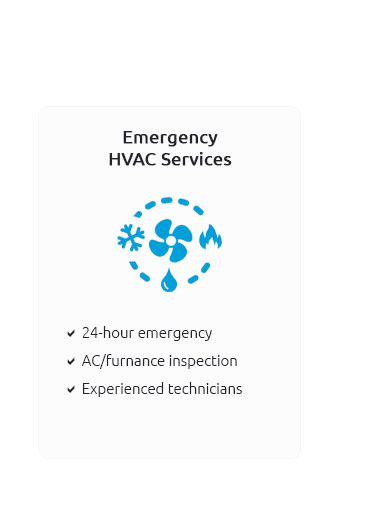 |
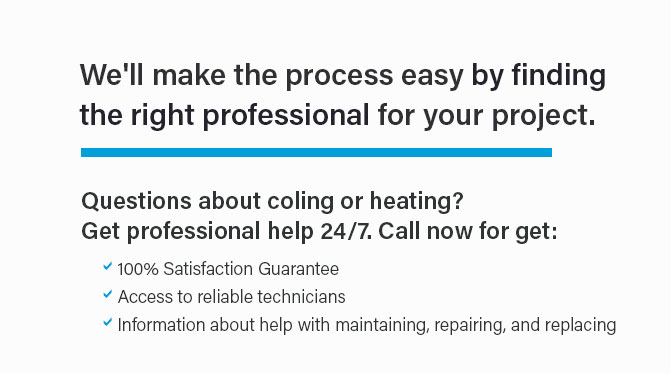 |
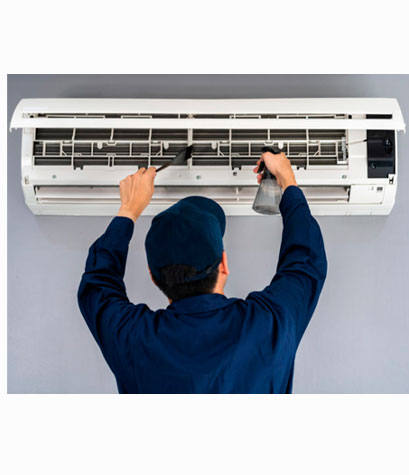 |
 |
 |
 |
Understanding HVAC Inspection: Essential Knowledge and TipsWhat is an HVAC Inspection?HVAC inspection refers to the thorough examination of heating, ventilation, and air conditioning systems to ensure they are functioning correctly and efficiently. This process helps in identifying potential issues early and maintaining optimal performance. Benefits of Regular HVAC InspectionsRegular inspections provide numerous benefits that can enhance the lifespan and efficiency of your system.
Components Checked During an HVAC InspectionHeating SystemThe heating system is examined to ensure it operates efficiently and safely. Key components include the heat exchanger, burners, and thermostat. Cooling SystemTechnicians check the condenser, evaporator coil, and refrigerant levels to ensure proper cooling function. VentilationProper ventilation is crucial for air quality. Ductwork and filters are inspected for any blockages or leaks. When to Schedule an HVAC InspectionIt is recommended to schedule an inspection at least twice a year, ideally in the spring and fall, to prepare for peak usage seasons. For more specific guidance, contacting professionals, such as those at air conditioning repair plano, can be beneficial. Finding a Reliable HVAC TechnicianChoosing the right technician is crucial for a thorough inspection. Look for certified professionals with good reviews and a history of reliable service.
For expert services, especially during cold months, consider furnace repair hayward ca for reliable solutions. Frequently Asked Questions About HVAC InspectionHow often should I have my HVAC system inspected?You should schedule an HVAC inspection at least twice a year, ideally before the summer and winter seasons. What is included in a standard HVAC inspection?A standard inspection includes checking the heating and cooling systems, ventilation, thermostats, and ductwork for any issues. Can regular inspections reduce repair costs?Yes, regular inspections can identify and address minor issues before they become major, costly repairs. How do I know if I need an HVAC inspection?If you notice unusual noises, inefficient heating or cooling, or increased energy bills, an inspection is advisable. https://www.angi.com/articles/do-i-really-need-separate-hvac-inspections.htm
HVAC System Inspections: Everything You Need to Know - The average cost of an HVAC inspection is between $150 and $500. - Inspections take one to three hours to ... https://www.ahs.com/home-matters/repair-maintenance/how-to-conduct-diy-hvac-inspection/
Start by checking your thermostat. This can be as simple as raising and lowering the temperature to make sure your heater and A/C kick in. https://www.reddit.com/r/RedditForGrownups/comments/om7m73/homeowners_do_you_get_your_hvac_inspected/
Yes, every year. I signed up with a company years ago & if you're a regular customer they inspect for $99 per year plus parts if any are needed.
|